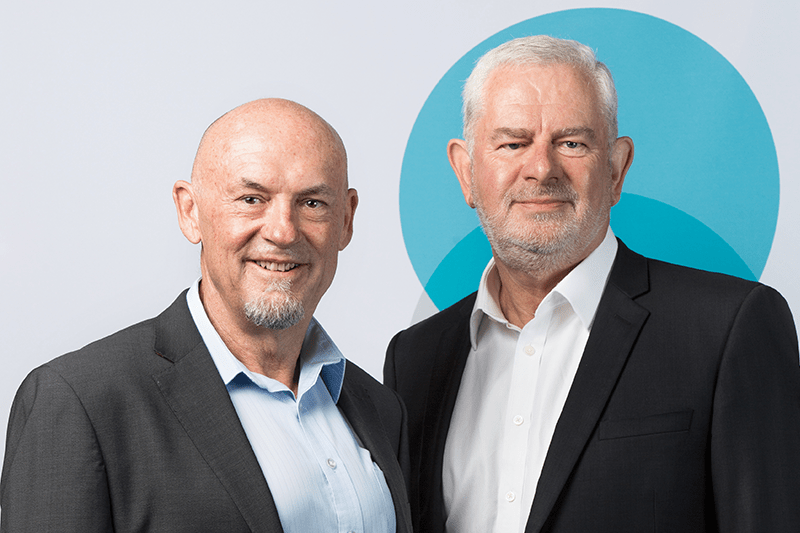By Mark Teale on 27 August 2020
My mum has been a resident of an aged care home for two years. I have watched the nightly reports of the deaths in aged care with a great deal of concern and fear. I know my mum is safe, and the staff in the home where she resides are caring and very mindful of the protection required to keep mum free of the virus, but it does not reduce my apprehension.
As part of the process of keeping mum safe, she has been unable to leave the home for just over six months. I have not been able to take her for a coffee or visit the shops, which was the highlight of the week for mum. I cannot imagine the frustration and sadness that mum currently feels, but I can see it in her face.
I look at mum’s position and vow that I never want to be in this position. I do not want to finish my life bedridden or cared for in an aged care facility that is not my home, but the reality is that one in three people over the age of 85 will spend the last few years of their lives in a residential aged care facility.This fact and mum’s situation demonstrated to me that preparing and planning for aged care is an issue in retirement that is important, even though the majority of us do not want to face or even think about care in our later years.
We should be at least talking about the subject with our family once we have retired.
When we retire or are about to retire, most of us understand what we need from a dollar perspective. We understand superannuation, whether we are entitled to an age pension and what concessions are available to us as older Australian citizens.
Or, if we do not have an understanding, we are prepared to pay someone like an adviser to look after our retirement income needs for us.
While we have prepared ourselves to fund our retirement, we may not be prepared for our aged care needs. We avoid the subject because it is not pleasant, and for many, we may posit that it is not going to happen to us.
However, as I have pointed out, one in three people over the age of 85 will require some form of aged care.
I am not saying that if you are retired and healthy that you immediately look for an aged care facility with a great view and reserve your place for when you do require care - this is not possible. However, you can discuss with your family the potential costs and how you intend to pay for care when and if it is required.
It is extremely important that your family are aware of your wishes. It would help if you talked to them about various scenarios. What if you need to sell your home to pay for the accommodation deposit? How will you continue to fund ongoing care? What do you think will be important to you when selecting the aged care home for you? Will it be the location to where you live now, or being closer to your extended family?
You have prepared a will, and in most cases, the beneficiaries of your will are aware of the contents. So why not prepare a similar document outlining your wishes concerning your care?
It may not happen, but being prepared will help to take away some of the stress if the time does come. Understanding the costs, how these are to be funded and having family members aware of your wishes is a better situation than having no idea of what needs to be done, and family members stressing and arguing over the costs and the funding while you are sitting in a hospital bed waiting to be moved to a residential aged care facility.
If you are unsure of what the costs of aged care are, speak to your adviser if you do have one or, if not, start doing some research.



comments